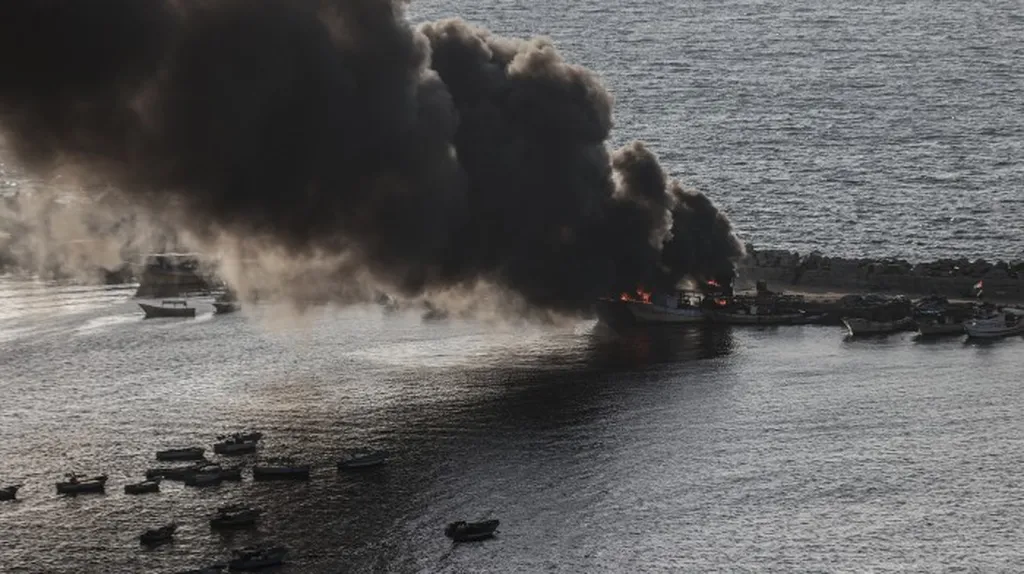The Netherlands’ decision to bar Israeli defence companies from its largest military exhibition, NEDS, signals a deepening rift in European-Israeli relations and raises critical questions about the future of defence cooperation in the region. This move, reported by Hebrew media, follows a pattern of increasing restrictions on Israeli defence firms across Europe, reflecting broader geopolitical tensions and shifting policy stances.
Organisers of the NEDS event, held annually in Rotterdam and focused on naval defence, recently informed Israeli firms that they would not be permitted to participate in this year’s exhibition, scheduled for November 20. The decision has been attributed to “security and organisational” reasons, though organisers have not provided further details. Israeli sources have confirmed that they will not attend, indicating a growing isolation of Israeli defence companies in European markets.
This ban aligns with a broader Dutch policy shift towards Israel, particularly in response to the ongoing conflict in Gaza. The Netherlands has been at the forefront of European efforts to impose economic and trade sanctions on Israel. In May, Dutch Foreign Minister Caspar Veldkamp supported a legal review of the EU Association Agreement with Israel, which later found “indications” that Israel had violated the human rights requirements of the agreement. Since then, the Netherlands has pushed to suspend Israel’s participation in the EU’s Horizon research funding program and reduce trade links.
The Netherlands has also halted direct arms exports to Israel, a decision made several months after the Hamas-led October 7, 2023, attacks that triggered the Gaza war. However, it continues to supply Israel indirectly with F-35 fighter jet parts through third countries, according to reports.
The Dutch ban follows similar restrictions imposed by other European countries. In June, several Israeli companies were barred from displaying at the Paris Air Show, despite earlier assurances from French President Emmanuel Macron that Israeli firms would be allowed to attend. The Defense Ministry condemned this last-minute decision, which was made by event organisers acting on behalf of the French government. Last October, Macron’s government attempted to prevent Israeli companies from exhibiting at the Euronaval arms show, a move that was ultimately blocked by a court. Earlier in the year, Macron’s administration had also tried to restrict Israeli companies at a land defence and security exhibition, but that decision was likewise overturned by a court.
These developments highlight a growing trend of European countries imposing restrictions on Israeli defence firms, driven by political and ethical considerations. The Dutch ban on Israeli participation in NEDS is likely to further strain relations between Israel and Europe, particularly as the conflict in Gaza continues to dominate geopolitical discourse.
For the defence industry, this shift raises critical questions about the future of international collaboration and the potential fragmentation of the European defence market. As countries like the Netherlands, France, and others tighten their policies, Israeli defence firms may find themselves increasingly excluded from key exhibitions and partnerships. This could accelerate a realignment of defence alliances and supply chains, with potential implications for innovation, interoperability, and security cooperation.
The broader implications of these restrictions extend beyond immediate economic and trade impacts. They reflect a deeper ideological divide within Europe, where some nations are increasingly willing to use economic leverage to influence geopolitical outcomes. For Israel, the challenge will be to navigate these shifting dynamics while maintaining its position as a key player in global defence technology.
As the defence sector adapts to these changes, the debate over the balance between ethical considerations and strategic necessity will only intensify. The Dutch ban on Israeli firms at NEDS is a clear signal that this debate is far from over.

